- Learning time
- 10 minutes
- First play time
- 80 minutes
Pueblo
Designed by: Michael Kiesling,Wolfgang Kramer
Pueblo is a cross between an abstract strategy game and… another abstract strategy game; the digital classic that is Tetris. In the game players are building, collectively, a pueblo (a Native American community) for people to live in, out of geometric blocks.
The board – essentially a grid – is placed centrally and each player takes a number of blocks in their own colour and a number if blocks in the neutral colour of the chieftain – sociologically he’s a chieftain, but in gaming terms he’s like the building inspector. The chieftain patrols the perimeter of the board in constant scrutiny – wherever he is, he looks down that line of the grid and if sees your colour at the other end (at any height) he doesn’t like it!
The rules couldn’t be much simpler – on a given turn, players place one of their blocks on the structure and move the chieftain between one and four spaces. Players score points (points are bad!) when he’s level with their building blocks – and the higher they are, the more punitive the punishment. If he stops on a corner of the path, he takes an aerial view of that particular quadrant, and players lose points in much the same way; by having their blocks visible.
After the last block is placed the chieftain does a final inspection – he goes once around the grid giving out points from every single spot, looking down the lines and above from the corners. Then the player with the fewest points wins!
The guru's verdict
-
Take That!
Take That!
Yes, there is some Take That in the game - block placement is important, but moving the chieftain is where players can really mess with each other.
-
Fidget Factor!
Fidget Factor!
Moderate - some thought is required as to where your block can or should go, and likewise the chieftain.
-
Brain Burn!
Brain Burn!
Moderate. You can play at a fair lick if you like, but a bit of calculation will do no harm at all.
-
Again Again!
Again Again!
There's a huge amount of randomness in how the blocks are placed, and the game also comes with some variants - Destruction, where players take the building apart after it's completed, and a 'pro' version that adds a little extra complexity.

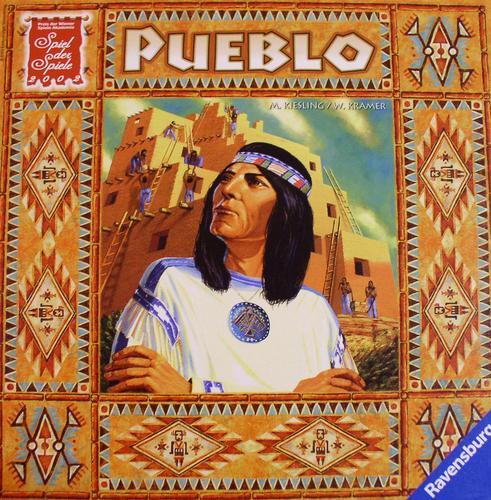


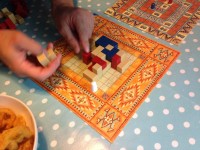
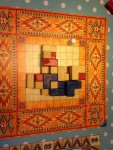
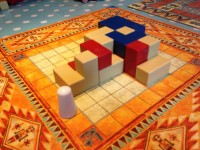


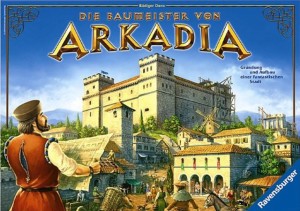
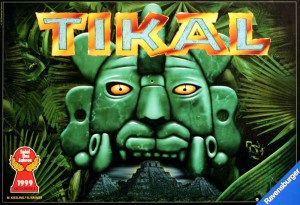
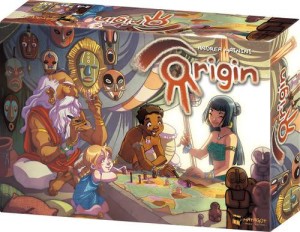
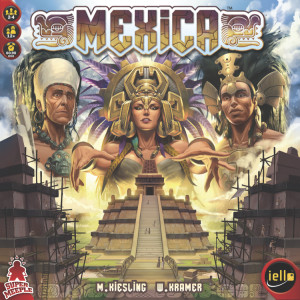
Sam says
It's not a game where the theme comes across in a big way - Pueblo is more of an abstract puzzle. But it's a very good one.